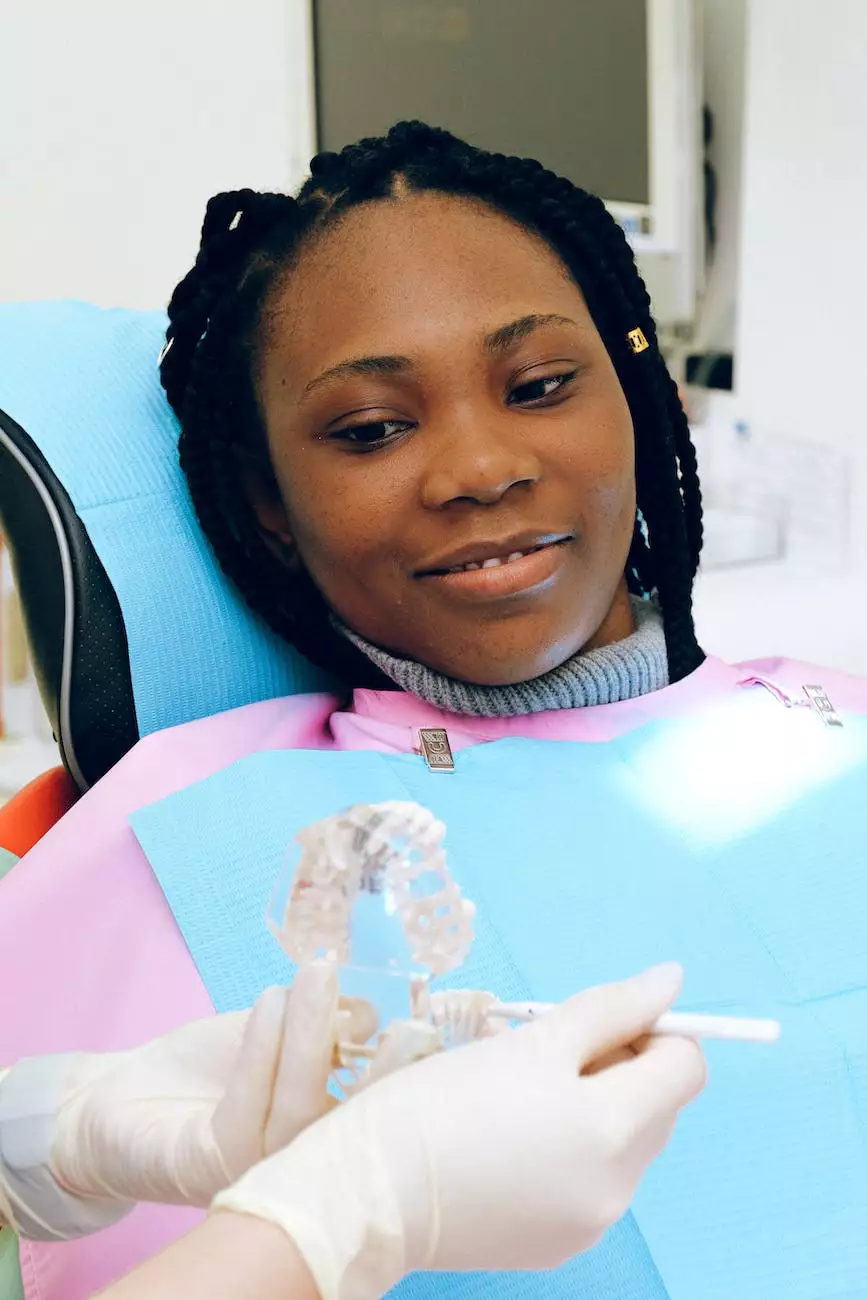TMD: A Painful Disorder of the Jaw
Blog
Symptoms of TMD
Temporomandibular Disorder (TMD) is a condition characterized by pain and dysfunction in the jaw joint, known as the temporomandibular joint (TMJ). TMD can cause a range of symptoms, including:
- Jaw pain and stiffness
- Facial pain
- Headaches
- Earaches
- Clicking or popping sounds in the jaw
- Difficulty chewing or opening the mouth wide
Causes of TMD
The exact cause of TMD is often difficult to determine, as it can result from various factors. Some common causes of TMD include:
- Joint and muscle problems
- Teeth grinding or clenching (bruxism)
- Jaw dislocation or injury
- Arthritis in the jaw joint
- Stress and anxiety
Treatment Options for TMD
At Robert Miller, DDS, we offer effective treatment options for TMD to help alleviate your symptoms and improve your quality of life. Our experienced dental team will assess your condition and create a personalized treatment plan that may include:
1. Oral Appliances
Oral appliances, such as splints or mouthguards, can help relieve jaw pain and reduce teeth grinding or clenching. These custom-made appliances provide cushioning and support for the jaw joint to promote proper alignment.
2. Lifestyle Modifications
Our dental experts will provide you with valuable lifestyle recommendations to manage your TMD symptoms. These may include stress reduction techniques, relaxation exercises, and dietary modifications to avoid foods that may exacerbate the condition.
3. Medications
In some cases, medications may be prescribed to relieve pain, reduce inflammation, and relax the jaw muscles. Our dental team will carefully determine the appropriate medication and dosage based on your specific needs.
4. Physical Therapy
Physical therapy exercises can help strengthen the jaw muscles and improve joint flexibility. Our dental professionals will guide you through exercises specifically tailored to your condition, ensuring maximum benefit.
5. Dental Procedures
In more severe cases of TMD, dental procedures such as orthodontic treatment or dental restorations may be necessary to correct issues with the bite or tooth alignment, which can contribute to TMJ problems.
Preventing TMD
While certain factors contributing to TMD may be unavoidable, there are steps you can take to reduce the risk:
- Avoid excessive gum chewing
- Practice stress management techniques
- Maintain proper posture
- Avoid biting or chewing on hard objects
- Wear a mouthguard if you grind or clench your teeth
Contact Robert Miller, DDS
If you are experiencing symptoms of TMD or require further information, contact Robert Miller, DDS today. Our knowledgeable team is here to provide the highest quality dental care and help you find relief from TMD.




